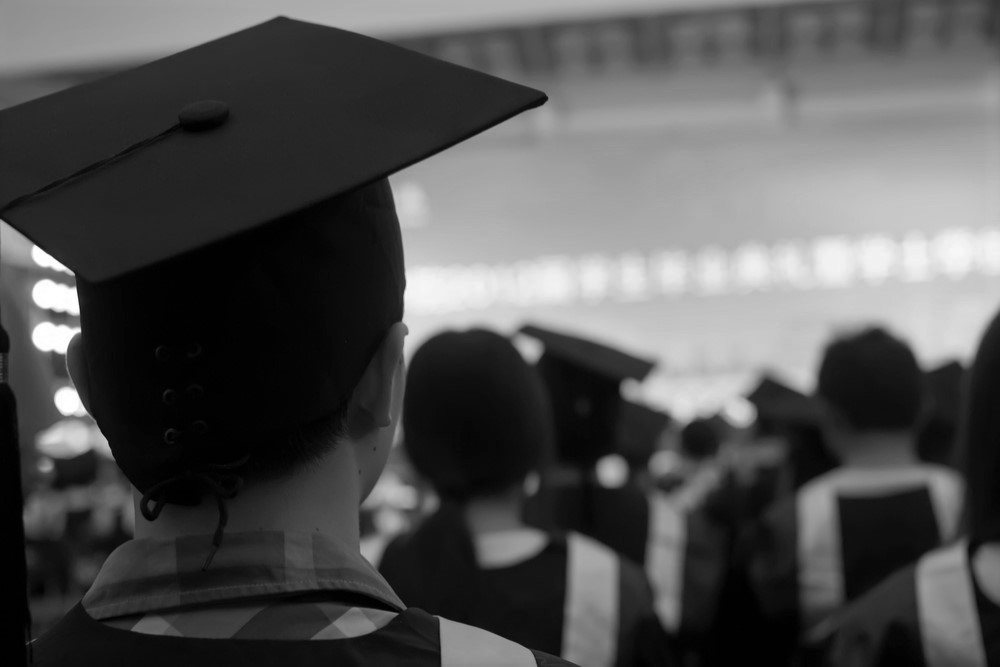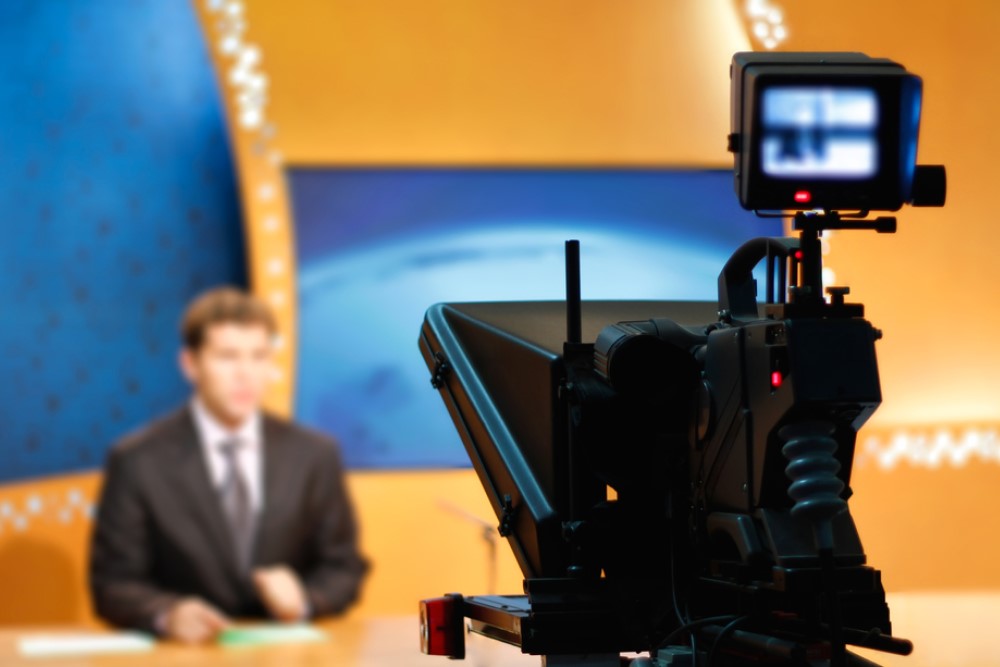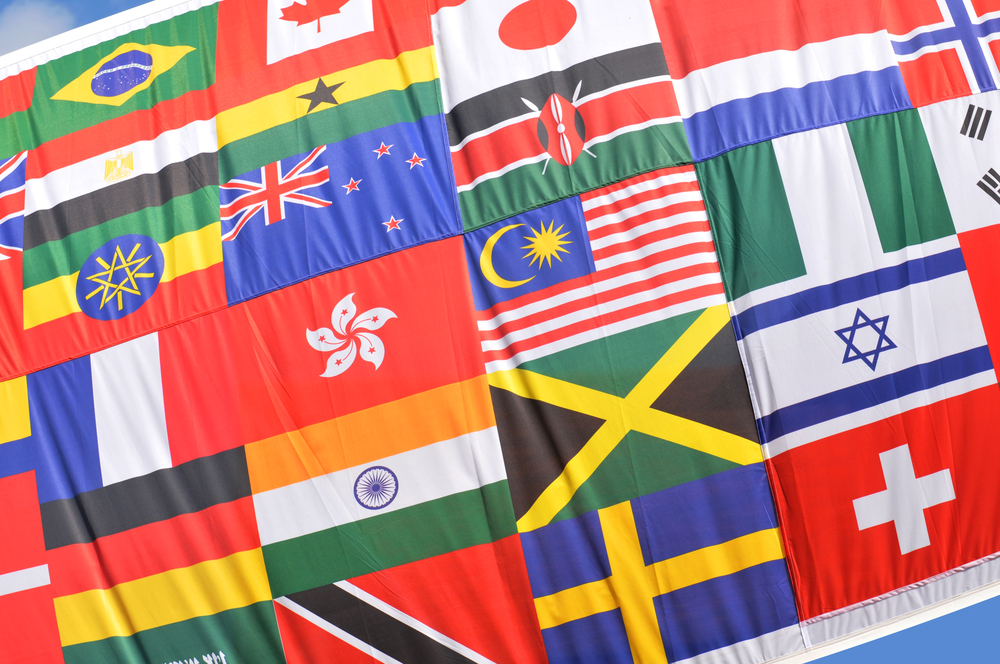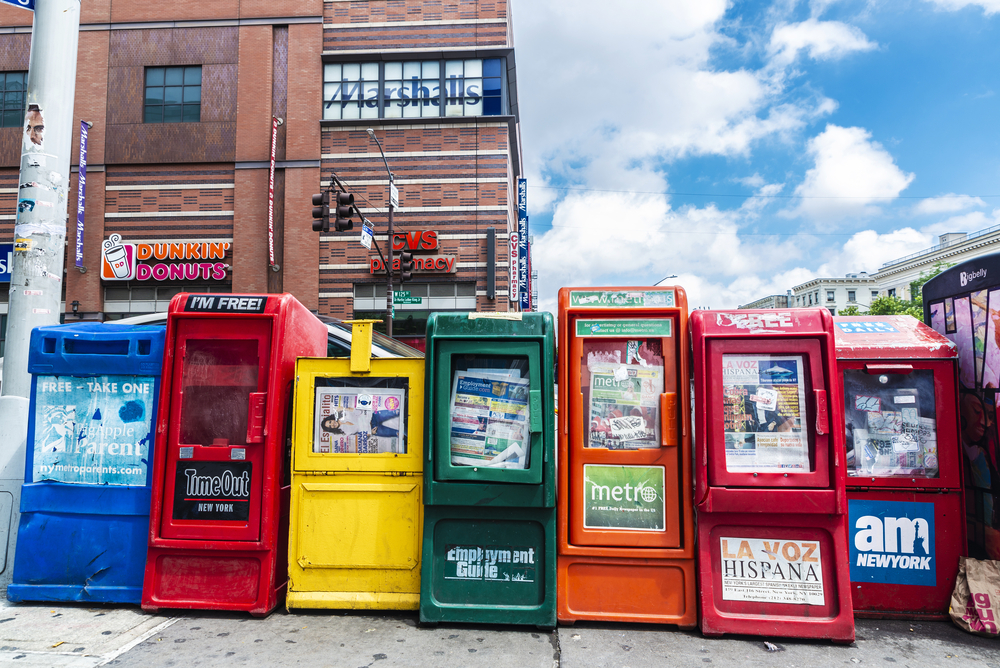In March 2020, as the pandemic began, the federal government temporarily suspended student-loan payments and the charging of interest on student debt. Two years later, the suspension continues. There are now growing calls for student debt to be canceled entirely.
Forgiving student loans is a deeply controversial topic, as a few of our own writers have discussed. The policy raises difficult economic questions (would forgiving student loans beneficially stimulate the economy, or simply contribute to the already-high inflation?), political questions (would this be a political “winner” for the Democrats going into the midterms?), and also essentially moral questions.
Do the borrowers deserve forgiveness? Would forgiving existing loans be fair to those who have already paid off theirs? Would a government bailout of student loan borrowers be just when they tend to earn more than most taxpayers?
Both sides of the student loan forgiveness debate use the language of morality and justice to defend their views. On the anti-forgiveness side, it is common to hear expressions to the effect of “I paid mine. You pay yours.” How is it fair on those who worked hard, lived frugally, and repaid their loans that their lazier or less financially responsible counterparts get their loans bailed out by the government? It seems morally wrong to reward failure when it is the result of personal irresponsibility. Those who took out loans did so freely. Perhaps they ought to deal with the consequences themselves, rather than have those consequences shifted onto the taxpayer’s back.
Whether this is a convincing argument depends largely on whether you think those taking student loans are fully informed about the relevant information before making their decisions, and whether you think they are being financially exploited by the universities they are joining. If borrowers were exploited, then it seems just to forgive their debts.
First, some background. Student loan debt has grown rapidly over the past two decades, almost fourfold from $480 billion in 2006 to $1.73 trillion in 2021. Approximately 45 million Americans have student debt, an average of $39,351.
The U.S. Department of Education claims that 10 years is the ideal length of time to pay off a student loan. But, in reality, these loans take an average of 21 years to pay off. If you graduate at 22, you can be expected to be paying off your student loan into your mid-40s. And some student loans are far worse than that. The average Professional degree at a for-profit college takes a shocking 46 years to pay off — longer than most Americans are in the workforce. Even worse, some borrowers are unable to repay their debts. The default rate for the student loans owed to for-profit colleges is 52%, and 66% for African Americans.
The personal impact of crushing student loan payments can be severe and endure for decades. Given these possible long-term negative effects, perhaps the federal government shouldn’t be giving these student loans out in the first place.
The brain takes an average of 25 years to fully mature, but the life-changing decision to take a student loan is made by those as young as 18 years old. If these loans should have never been given, then forgiving them would be rectifying past exploitation.
Debt is also not solely the moral responsibility of the borrower; the provider bears some moral responsibility too. But federal student loans are available to almost all students with no requirements beyond meeting the program’s requirements. The government spends no time nor effort assessing whether the prospective student will be capable of repaying the loan, nor if the degree will be considered an asset. Both eligibility and interest rates are the same for the top-earning degrees (e.g., Petroleum Engineering, Operations Research & Industrial Engineering), and the lowest (e.g., Medical Assisting, Mental Health, Early Childhood Education), despite their vastly different risks of default. Is it really fair to give the burden of a student loan to a future low-paid Medical Assistant, on the same terms as a future Petroleum Engineer? If not, perhaps the federal government has failed to act responsibly in giving these loans in the first place, suggesting forgiveness is the moral choice.
But why should the government opt for forgiveness?
If you get into debt you cannot repay, our society has a system for escape: bankruptcy. It is a painful solution, but an essential one used by 1.5 million Americans each year. Isn’t this the solution to the student debt crisis? The problem is that this basic financial right is tightly restricted in the case of federal student debt. While some advocate changing bankruptcy law to include student debt, until those changes are enacted we are seemingly left with only one solution for those with non-repayable student loans: forgiveness.
Despite these considerations, there is also a strong case against student debt forgiveness. Student loans are not always exploitative. Used well, they can provide access to higher education to millions of Americans who could otherwise not afford it. In a world without student loans, we would expect fewer students from poor families to go to university. Most college students take student loans, and most are able to repay. The access to higher education that these loans can provide is often immensely valuable, both economically and personally.
Of course, an education is worth far more than its financial benefits, but even if we focus narrowly on the economic benefits of university education, those with a bachelor’s degree earn an average of $2.8 million over their careers, compared to $1.6 million for those with a high school diploma. In fact, every extra level of education is correlated with another boost to lifetime earnings. So, while some student loans are lifelong financial burdens, others act as financial life-rafts, leading borrowers to better lives in the broadest sense. Student loans can be irresponsible, exploitative and morally wrong, but they can also be transformative.
If student loans are neither inherently exploitative nor inherently beneficial, how can we assess blanket policies such as forgiveness? One way is to examine the effect of the policy through the lens of distributive justice — the question of what allocation of society’s wealth and resources would be equal, fitting, or otherwise just.
Congresswoman Ayanna Pressley appealed to the value of distributive justice in support of student loan forgiveness, calling it ‘a racial justice issue’, ‘a gender justice issue’, and ‘an economic justice issue’, and tweeting that “Black women are … the most burdened by student debt.” The implication is that Black women are unjustly disproportionately burdened by student debt, in part due to the existing racial wealth gap, and that forgiving this debt would make the country more just. Similarly, Senator Elizabeth Warren and Senate Majority Leader Chuck Schumer wrote that “Canceling student debt is one of the most powerful ways to address racial and economic equity issues. The student loan system mirrors many of the inequalities that plague American society and widens the racial wealth gap.”
Historically, Joe Biden has been fairly skeptical of such claims. In 2021, he told The New York Times, “The idea that you go to [the University of Pennsylvania] and you’re paying a total of 70,000 bucks a year and the public should pay for that? I don’t agree.” Despite the fact that Biden disagrees with Pressley, Warren, and Schumer, he too views the issue through the lens of distributive justice. But Biden believes distributive justice would not be served by a blanket policy of forgiveness. This explains the most recent proposals to be floated by members of the Biden administration, which consider much more limited and targeted debt forgiveness, aimed at those below a certain income threshold.
Biden has a point. Those who go to university earn, on average, significantly more than their high-school diploma holding counterparts. They also are much less likely to be unemployed; college graduates’ unemployment rate is now just 2%.
So how could it really help promote equality and distributive justice to bail out the debts of the high-earning university-educated elite?
Pushing this point further, the recent calls for student debt-forgiveness are seen by some as a disproportionately wealthy, powerful, and influential segment of society seeking to massively financially benefit themselves at the taxpayer’s expense. Is it right to force blue-collar taxpayers to bail out Harvard graduates? Megan Kelly recently put it like this: “There people are going to be… elite graduates… Why should I be paying for their education? I don’t want to!”
Congresswoman Alexandria Ocasio-Cortez has pushed back against these skeptical characterizations and defended the distributive-justice credentials of student loan forgiveness. She wrote that “Taking the school that someone went to college to is not really shorthand for the income of the family that they come from.” Martina Orlandi gives a similar argument here. The trouble with this argument is that when we talk about adults being wealthy, we aren’t generally talking about their parents’ wealth but their own. The first person in a family to have wealth is still wealthy, and we don’t think they should be taxed less because their parents were poor. Likewise, it is unclear why college graduates should have their debts forgiven because their parents were poorer than them.
At a recent town hall, Ocasio-Cortez provided a much stronger argument in defense of debt forgiveness as a vehicle for distributive justice, pointing out that most students from high-income families never take student loans: “if you are very wealthy, if you are a multimillionaire’s child, if you are Bill Gates’ kid, if you’re Jeff Bezos’s kid—Jeff Bezos isn’t taking out a student loan to send his kids to college.” If rich kids don’t take student loans and poor kids do, then it is clear that forgiving these loans should promote greater wealth equality.
To get a better grasp on these various conflicting claims about what distributive justice demands in relation to student loans, we need to look more closely at the statistics.
Black college students are indeed the demographic of students most likely to use federal student loans. However, Black Americans have significantly lower rates of college enrolment than White Americans. 29% of Black Americans aged 25 to 29 have undergraduate degrees, while 45% of White Americans do. Therefore, forgiving federal student debt would probably help narrow the racial wealth gap between college graduates, but it would most likely widen the racial wealth gap between Americans overall. Likewise, college students from the wealthiest families tend to take out fewer loans, while those from the poorest take out more. Forgiving student loan debt would, therefore, likely decrease wealth inequality between college graduates. But, in terms of income, the top 40% of households owe 60% of outstanding education debt and make 75% of the payments. The bottom 40% of households have only 19% of outstanding educational debt, and make only 10% of the payments. So forgiving student loans would likely increase the wealth inequality between Americans overall, even as it lowers wealth inequality between college graduates.
Intergenerational justice may provide a more convincing lens from which to defend student loan forgiveness. In 1970, the average in-state tuition for a public university was $394. In 2020 it was 25.8 times higher, at $10,560. Meanwhile, the federal minimum wage has risen by just 3.5 times. Instead of 5 hours of work per week paying for a year of tuition at an in-state university, it now takes 28 hours per week. The days of paying for college with a part time job are over. At the same time, employers now demand higher levels of education from their employees, putting this generation under immense pressure to take on educational debt to access the same jobs their parents worked with less education. In this context, student debt forgiveness can be seen as a way of mitigating the inequality between the generations — a way of transferring the nation’s wealth to younger Americans who have lacked the financial opportunities their parents had. Whether this is convincing or not likely depends on your view of government debt. Forgiving student debt would, effectively, nationalize the debt — add it to the total U.S. federal debt. But fiscal conservatives argue this would simply add to the burden of future taxpayers (i.e. young people and their children). If they are right, then student loan forgiveness could simply perpetuate generational injustice, rather than mitigate it.
Student loan forgiveness is a controversial topic for good reason. Student loans can be irresponsibly given and exploitative, but they can also be extremely beneficial. Forgiving them could reduce certain unjust inequalities in American society, but it could increase others. But this much is clear; the issue is not just political. It is also a debate about morality and about justice.







